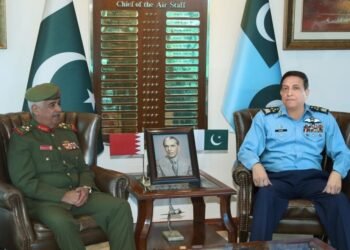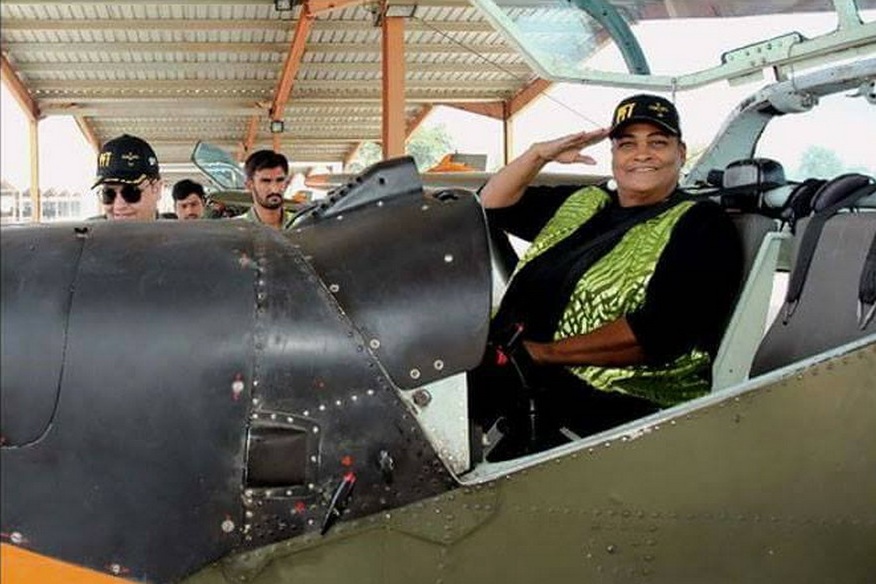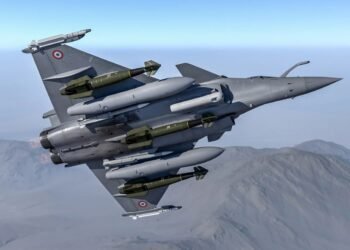ISLAMABAD: The Pakistan Air Force which has always been equipped with US fighters is now in consultation with an eye to buying the latest Russian aircraft. It has already signed deals on engineering procurement and Russian engines for its joint fighter produced with China, the JF-17.
“It is no secret that the US has made it harder for Pakistan to buy its F-16s and military aid has been drastically cut in the past two years.
Pakistan has therefore had to look to Turkey and Jordan for procuring used F-16s which are not quite the standard required to counter-balance the Indian Air Force.”
The RUSI said that Pakistan’s shift comes in view of the almost monthly amendments and legislation on Capitol Hill in Washington against military sales to Pakistan which has prompted Islamabad to look elsewhere.
“The Russians have stepped into the gap, providing military attack helicopters – a historic first, given Pakistani reliance on American aircraft for six decades. And the embrace is widening. Last year saw the first military drills between the Pakistani and Russian militaries.
This was followed last week by the country’s special forces exercising in the Caucasus with Russia. The drills covered mountain warfare, countering urban terrorism and engaging in broader land warfare,” said the report.
It said that Kremlin is uneasy about Indian Prime Minister Narendra Modi’s deep embrace of the US and closer military ties with Washington. And, as the Indians now buy US and French fighters, Russia too is looking elsewhere, including Moscow’s participation in the alliance with China and Pakistan over rising tensions in Afghanistan and Central Asia, it said.
The RUSI report noted that Russia’s strategic turnaround in Afghanistan has also been most remarkable as gone are the old zero-sum game theories applied to the Taliban and the fighters of the Northern Alliance, to be replaced by the courting of both Russia and Pakistan of the Taliban.
The two militaries are cosying up and strategic objectives are aligning in the Middle East and Central Asia, it said.





